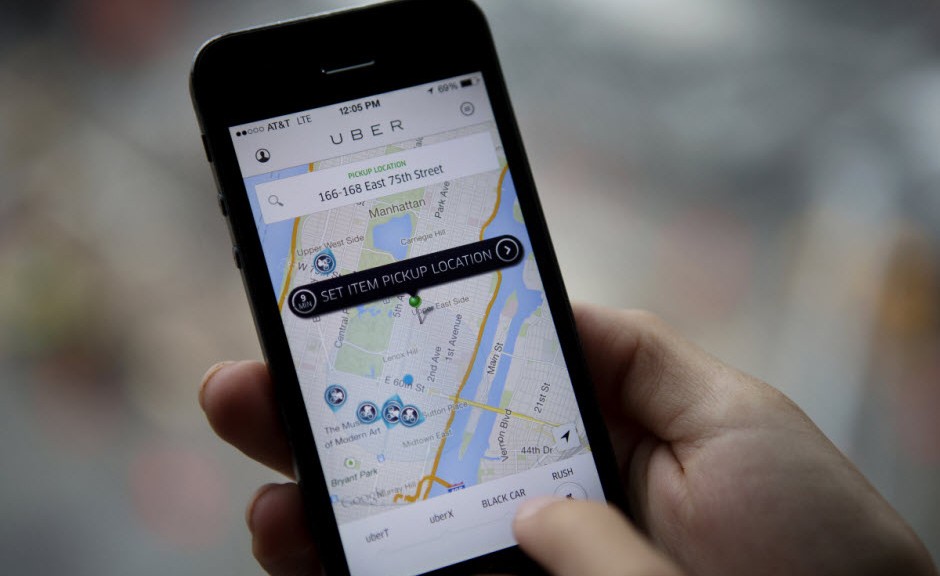 The emergence of Uber has put taxi drivers around the world on red alert. Just this week, the Spanish High Court has ordered the company to cease operations on the grounds of unfair competition with taxi drivers.
The emergence of Uber has put taxi drivers around the world on red alert. Just this week, the Spanish High Court has ordered the company to cease operations on the grounds of unfair competition with taxi drivers.
Yet it’s not just the business model (putting customers in touch with unlicensed drivers) that stretches the limits of legality. The app, which effectively manages requests and responses, also contains some dubious aspects.
This is what a group of IT security researchers have discovered after analyzing how the mobile app works. They have analyzed the code of the Android app in detail and their findings don’t reflect well on Uber.
The study revealed that while users take advantage of the services they offer, the system transmits information about their Internet habits along with certain features of their phone, details that are entirely unrelated to the service.
The San Francisco based ‘start-up’ would seem to be interested in the people its customers are in contact with; it collects data on the length of calls and the phone numbers.
It also gathers information about the apps installed on the device, the free memory space and byte circulation. Similarly, the GPS coordinates and the IP address of the phone are recorded.

The company wants to know what messages (SMS, MMS and emails) are sent and received by users, and suspiciously, the tool reports the malware that the phone is vulnerable to and the security algorithm used on the device. The obvious question is, why would a company that only offers a transport service need all this information about its users?
Some have defended its strategy, claiming that this is an anti-fraud measure to identify fake accounts (competitors could use the app covertly with other intentions). Still, the end doesn’t justify the means. The terms and conditions of the app don’t reflect the entire flow of information that really takes place.
For the moment these experts have only analyzed the app for Android; it’s still unclear whether the same things happen on the iOS version. Nevertheless, it may be best to fear the worst, as Apple is hardly renowned for its discretion.
If you think that after this news Google will be withdrawing the app from its platforms, you’re probably forgetting a small detail -in the form of a bundle of cash. Google Ventures, the branch of the company that invests in new ventures and business opportunities, has financed Uber to the tune of $258 million. It’s unlikely to write that off just for a small problem of privacy.
Uber is not the only app that uses your data without clarifying the reasons. We recently discussed some torch apps that do the same with GPS coordinates, photos and text messages.
You can’t entirely avoid being spied upon, though revelations like these are a wake-up call to be on your guard with respect to the permissions on the apps that you download. It’s common to accept conditions without reading them in the belief that an app must be trustworthy, but all that glitters isn’t gold.
Remember that Panda Mobile Security, our free antivirus for Android, can help you to monitor which personal data on your phone is shared with third-parties.
The post More controversy for Uber: The app compiles user data without permission appeared first on MediaCenter Panda Security.
